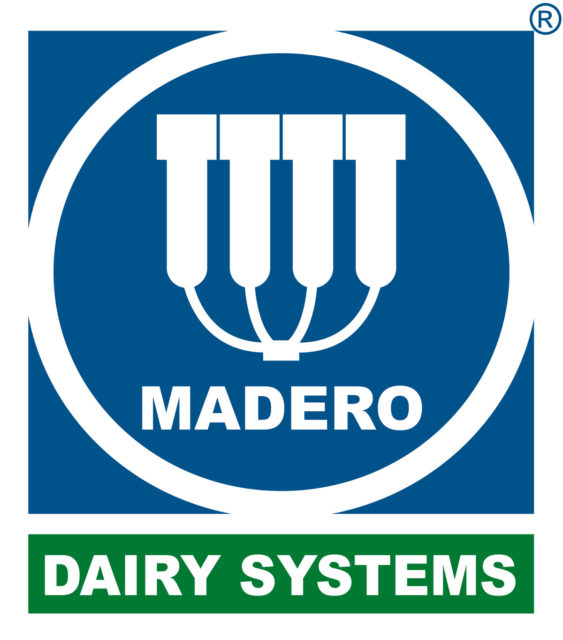Having reliable equipment is fundamental to running a good farming operation. If your tractors, trucks or loaders are down, profit starts to slip away with each hour that machine is out of commission. So buying equipment and whether or not to buy it new or used, becomes an important choice. What should go into a buying decision and what should you consider next time you try to choose between new or used?
Things to consider
When purchasing a piece of equipment, you need to put pencil to paper on a few items. Just because it has four wheels and a lot of power doesn’t mean it’s the right machine for your operation. Ask yourself:
How much power do you need?
What does the job or attachment require? You may want to have a machine that is capable of a little more, so it isn’t always maxed out.
What is the reputation of the machine?
Some makes and models are not as good as the other tractors put out by that company. www.tractordata.com (see photo) is a good resource for comparing tractor specifications. Talk to mechanics and dealers to find out what they know about certain pieces of equipment. Some people are partial to a certain color of tractor, so ask around to get a good perspective on what that piece of machinery is like and how it performs.
How accessible are the parts and labor?
If the tractor you buy were to break down, how easily can you find parts? Are those parts available in a lot of places or just from the dealer? Does the dealer in the area know how to work on that brand of tractor? Will the dealer selling the equipment have prompt service out in the field when you might need him most?
How much will it cost?
This is an obvious consideration and one you can’t ignore. But don’t just look at the price, look at how long it will take to pay it off and how often you will use it in the field. If you can get two smaller pieces of machinery that will do the same job as a big expensive piece, then you may be better off with the two smaller tractors. You won’t know until you take it all into account; sticker price, fuel economy, repairs, oil, labor, resale, etc.
Just figuring out what you need to do the job is something you have to have solidified in your mind before you ever look at tractors.
New
There are a few reasons you might want to buy new. If you can afford the capital expense and can’t afford down time with equipment or time to fix up a used one initially, new is probably the way to go. New tractors have a higher sticker price (much higher the last 10 years), but they do have a warranty that will cover major repairs and getting it from a dealer means good service on tractors they know well. New tractors should run for a long time before needing to go in for repairs, especially if you keep up with repairs. New tractors will also have features like GPS and other new technologies that can be beneficial to your operation.
Used
If you buy from someone that has taken good care of their tractor, or from a reputable used tractor dealer, you should be able to get a good used tractor for much less than a new tractor. If it has only a few thousand hours on it, it should be under warranty and fairly reliable, again, if the previous owner took good care of it. I bought a good used tractor 5-6 years ago for $42,000.
I put another $1,500 into it to transport it back and do some initial maintenance. After that it performed great and makes me money every time I take it out. A similar tractor new would have cost me twice as much and would have taken twice as long to pay off. Some tractors can be retrofitted with new technology. Tractors last a long time if you take good care of them. www.tractorhouse.com is a good site to buy used tractors.
When buying used ...
When you buy used you want to go through the previously mentioned questions and look at a few other things.
See it in person.
I never buy a tractor without seeing it in person. If you find a tractor you like, go see it. Travel expenses are small when you factor in the thousands of dollars you are considering to spend with this purchase.
Get the background information.
Ask neighbors how the equipment was used. Ask the repairman what kind of problems it had, or common problems for that model. Confirm the hours on the equipment. Make sure that information doesn’t give you any red flags that it might be a problem machine.
Walk around it.
Do a visual check of the machinery; checking for leaks, abuse, wear on the tires that might suggest other problems, etc. If it’s been newly painted, you might want to ask why.
Get some help.
I know a few people that are really “lucky” when it comes to finding good deals on tractors. They make their luck. Or if you know a mechanic that you trust, ask him what tractors he would recommend or ask him to look at a tractor for you, if that’s possible. I ask others about their experience with machinery before I buy.
Make sure you do your homework early. When good equipment comes up for sale, you may not have a lot of time to think about it. You should know what you need long before you need it, so that when the time to buy comes you aren’t too late. Buying a tractor shouldn’t be a knee-jerk reaction, but a well-thought-out decision that you can feel good about. FG

-
Jim Schlund
- Retired Diesel Mechanics Professor
- College of Southern Idaho




